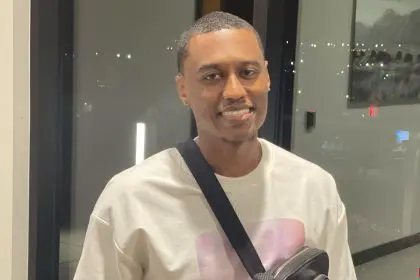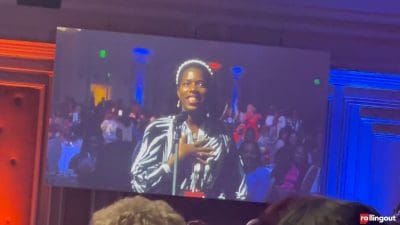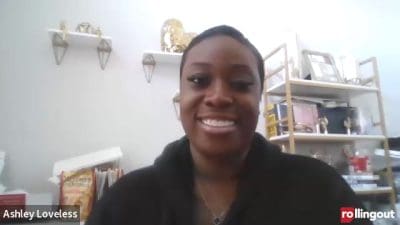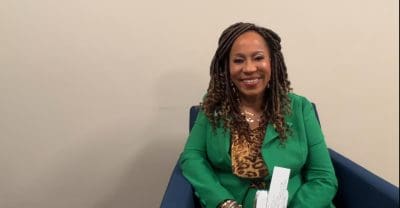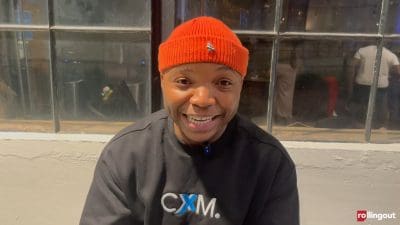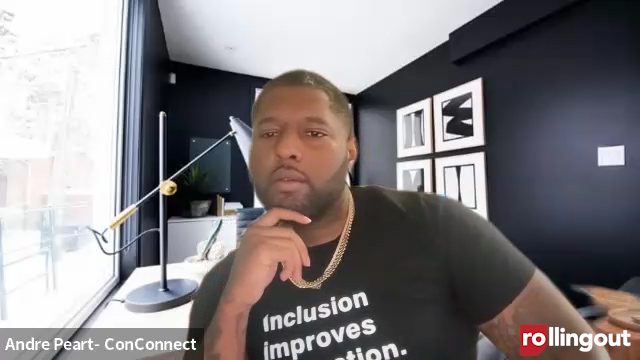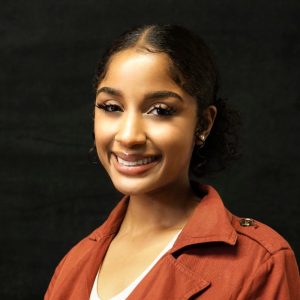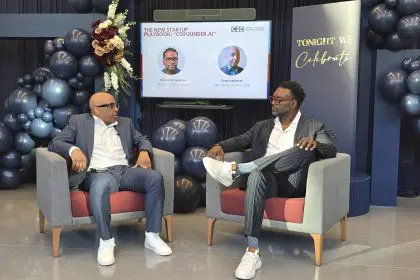Teasha Cable is the founder and CEO of CModel, a company that specializes in helping businesses grow through the optimization of artificial intelligence tools.
During Black Tech Week, the cutting edge CEO shared how the community can tackle Black venture capital funding disparities and how storytelling plays a role.
What do you think about Black venture capital funding disparities?
I recently went to an event, where I actually had an opportunity to listen to Black venture capitalist talking about the state of Black VC, from their perspective, which is different than my perspective as a founder.
What I found was that they have similar struggles. They have to raise money, they have to raise a fund, and then they have to be able to distribute those funds to people they believe are going to win because they have to win a few times before they have an opportunity to keep going. The disparities exist, but I think it’s going to be some time before we start to see some changes.
I think we just have to give the ecosystem an opportunity to develop, at least on the Black VC side. Now in terms of everybody else, I think it’s unfortunate, especially because the statistics are clear. When you look at 0.34 percent of Black women who received last year’s VC funding, and that’s of the one percent that all Black people got, you start to question, where are they getting the information that leads them to believe that that’s all that we should get?
I know that when you look at our success rates, I think they’ll find that those success rates are much higher than what that 0.34 percent matches up to. I think for everybody else, they’ve got to find some balance. For black VCs, specifically, we have to give them some time to build their ecosystem and build up their funds, and start to understand where they don’t want to invest.
How important is it to have Black representation in tech, such as yourself?
By augmenting human decision-making, I’m coming into a space where taking big data, big models, AI, and ML models, and combining them with decision intelligence to help business leaders go from action to outcome. That’s a very important space for somebody to be in because we haven’t used AI in the world to make complex decisions.
For me to be a Black founder, makes that unique and important because I believe that companies can live longer, when you are marching towards a set of outcomes that are realistic and more opportunity is created. Not only do we want to be transforming leaders into outcome-focused visionaries, but the purpose is also so that more companies can survive, and more companies can live. For my Black people, what that means is, either I am living as a company, or I am providing jobs to people as a company. The longer I live, the more successful I am.

